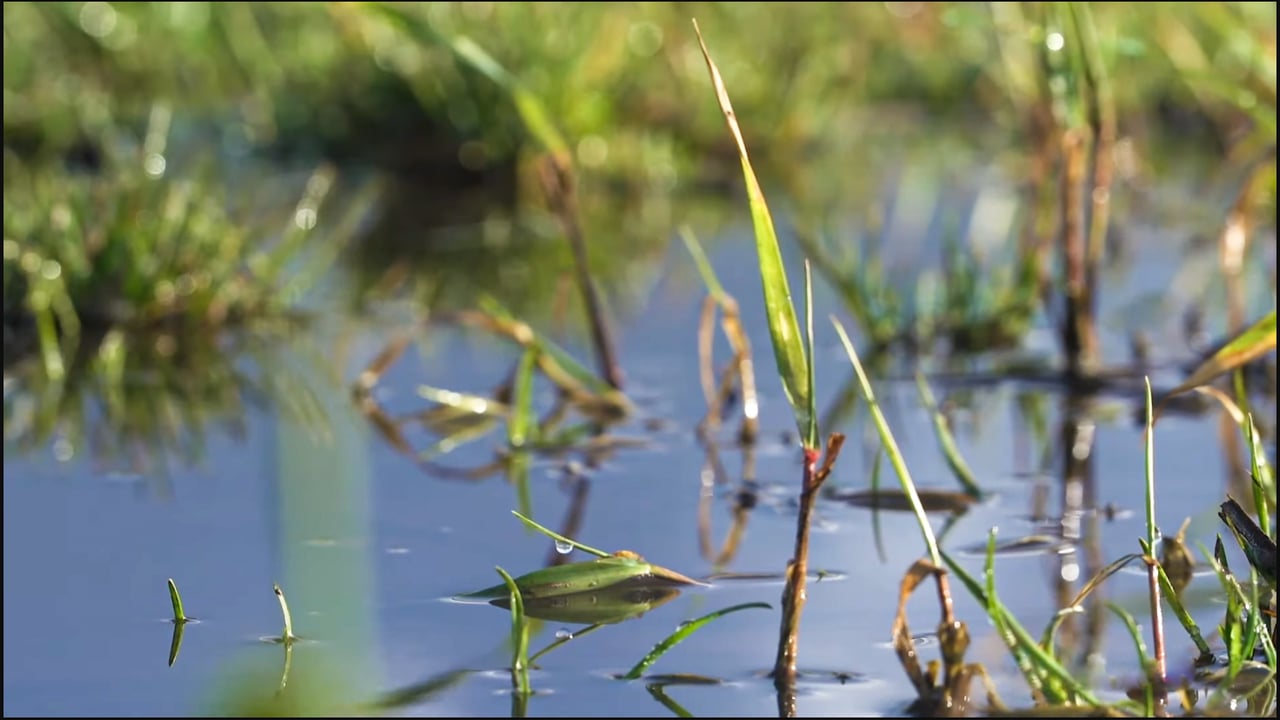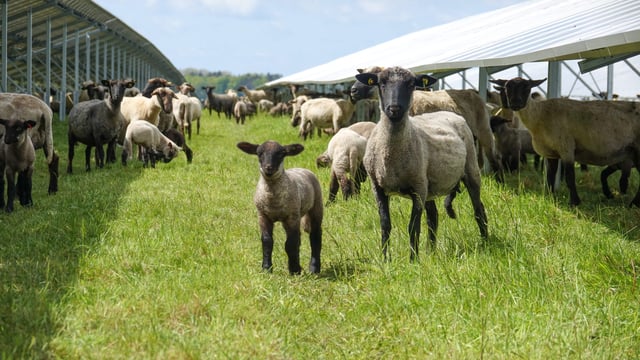Climate adaptation funding below what is needed - report
The deployment of financing for climate adaptation in Ireland "is below what is required to address the escalating risks posed by climate change".
That's according to a new joint report from the Climate Change Advisory Council (CCAC) and the Central Bank of Ireland.
The report was carried out to explore "barriers" to investment in climate adaptation, according to the CCAC.
The council claimed that, without action, the impact of extreme weather events will test Ireland's economic and financial resilience.
"While there is significant ambition to reduce emissions, focus must be applied to addressing the impacts of climate change that are already emerging by enabling investments in climate adaptation projects at both national and local levels," the CCAC said.
According to the council, many adaptation projects, particularly at local levels, are seen as too small or too uncertain to secure funding. even though their benefits "are clear and long-lasting".
Some of the barriers to investing in climate adaptation include a lack of locally relevant climate risk data; high upfront costs of adaptation projects; fragmented access to funding; and the absence of clear investment pathways that can attract private capital.
The CCAC said that its joint report with the Central Bank "emphasises the importance of credible transition plans to build resilience in the financial sector and contribute towards a resilient economy".
It said that solutions that should be considered include transition planning that incorporates adaptation and the development of scalable, investable project models; and a register of successful adaptation projects to build momentum and share solutions.
Insurance was also identified as a key part of adaptation finance, but "protection gaps" - where businesses, individuals and communities lack adequate or affordable insurance - pose a "significant barrier" to resilience.
The report called for a long-term strategic approach to flood insurance, with enhanced data sharing and clear recognition of adaptation measures, as well as ensuring solutions are complemented by continued investment in measures such as flood defences.
Another challenge noted is the absence of comprehensive estimates of the short- and long-term costs of climate adaptation.
The report called for a 'national adaptation finance strategy' to attract private and EU funding which should build on improved estimates of long-term investment needs.
Commenting on the report, Vasileios Madouros, deputy governor of monetary and financial stability for the Central Bank of Ireland, said: "Climate change poses risks to the financial system and the long-term stability of our economy.
"We're already seeing the impact extreme weather has on communities, businesses and infrastructure, and we recognise the importance of addressing climate-related risks, including the growing need for investment in adaptation measures," he added.
"This joint report proposes actionable steps to build resilience in the economy by increasing the deployment of adaptation finance in Ireland.
"Safeguarding Ireland’s financial stability in the face of a changing climate requires collaboration across public and private sectors, enabling investment at both national and local levels, and further assessing the short and long-term costs of climate adaptation," Madouros said.











